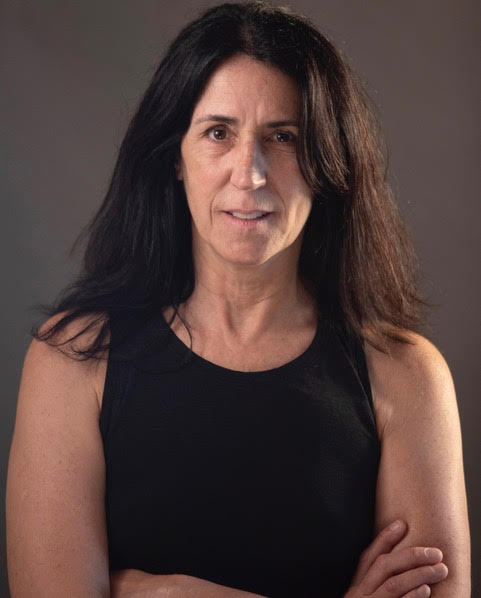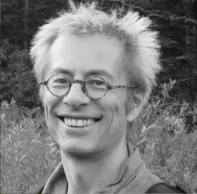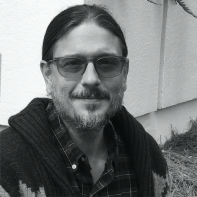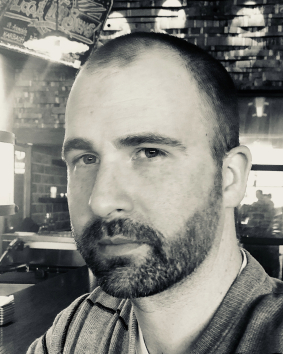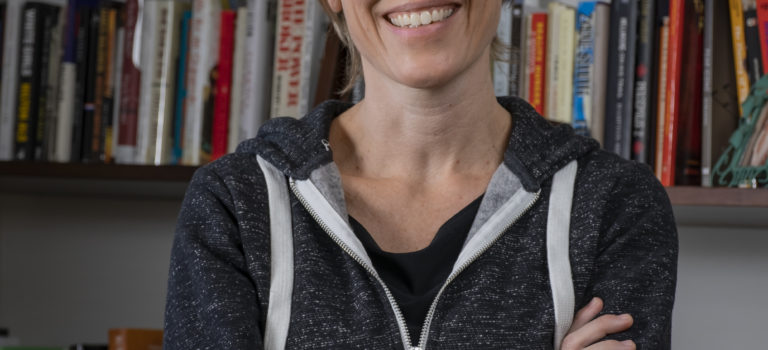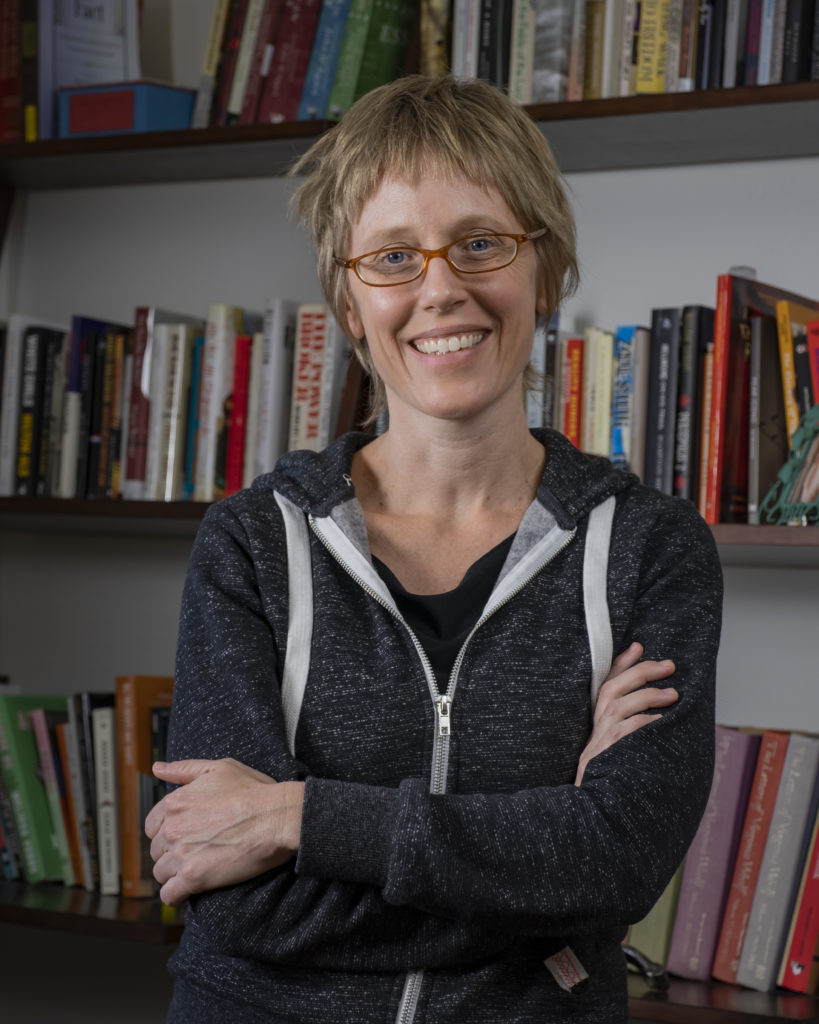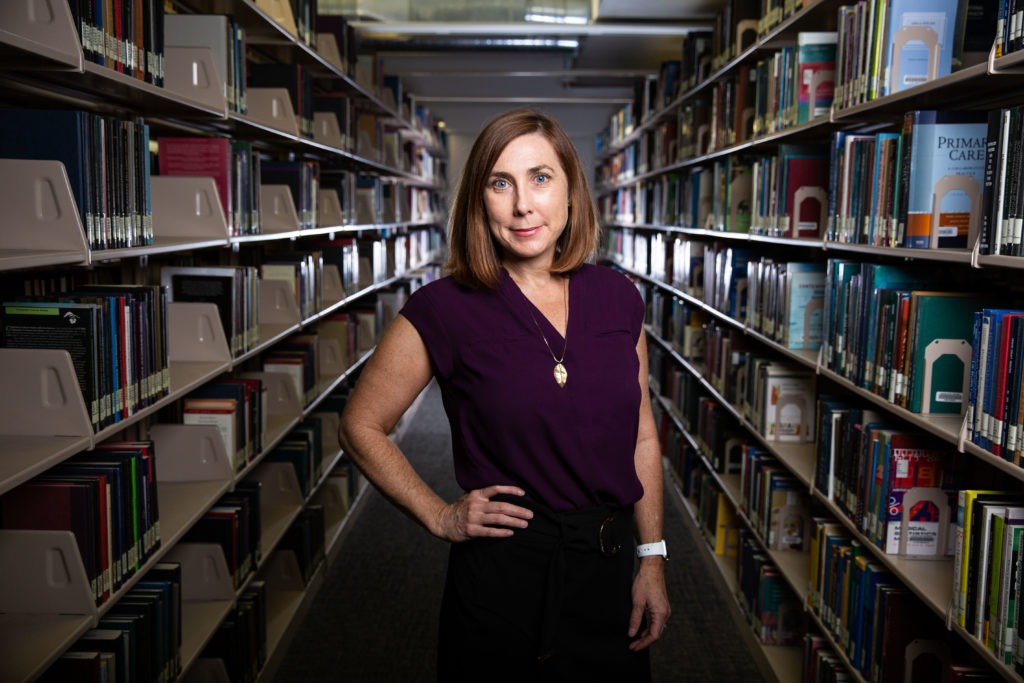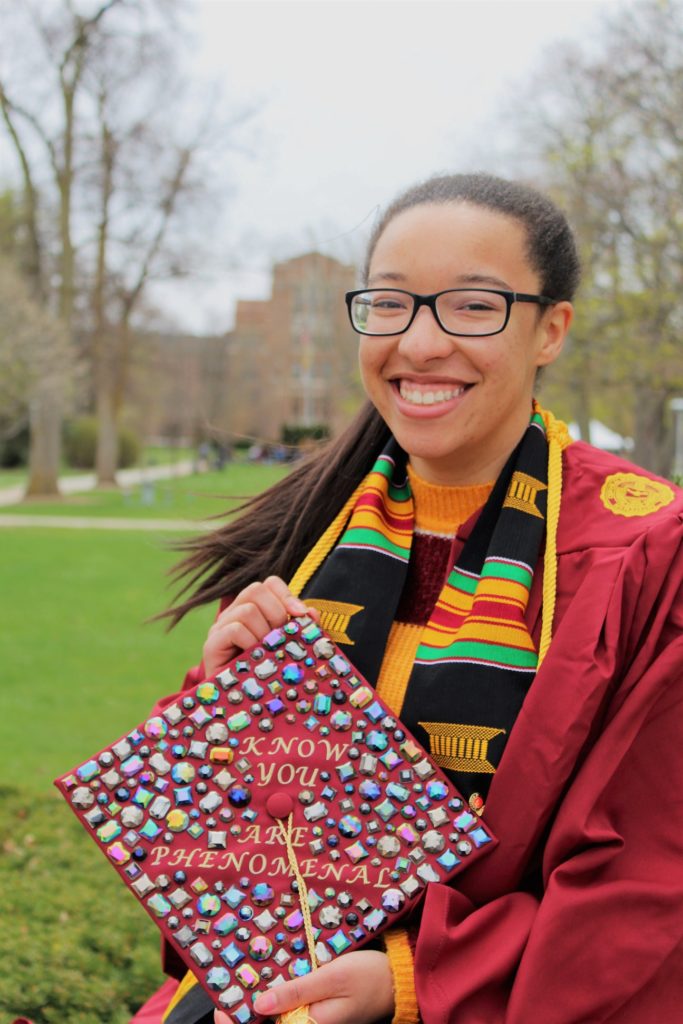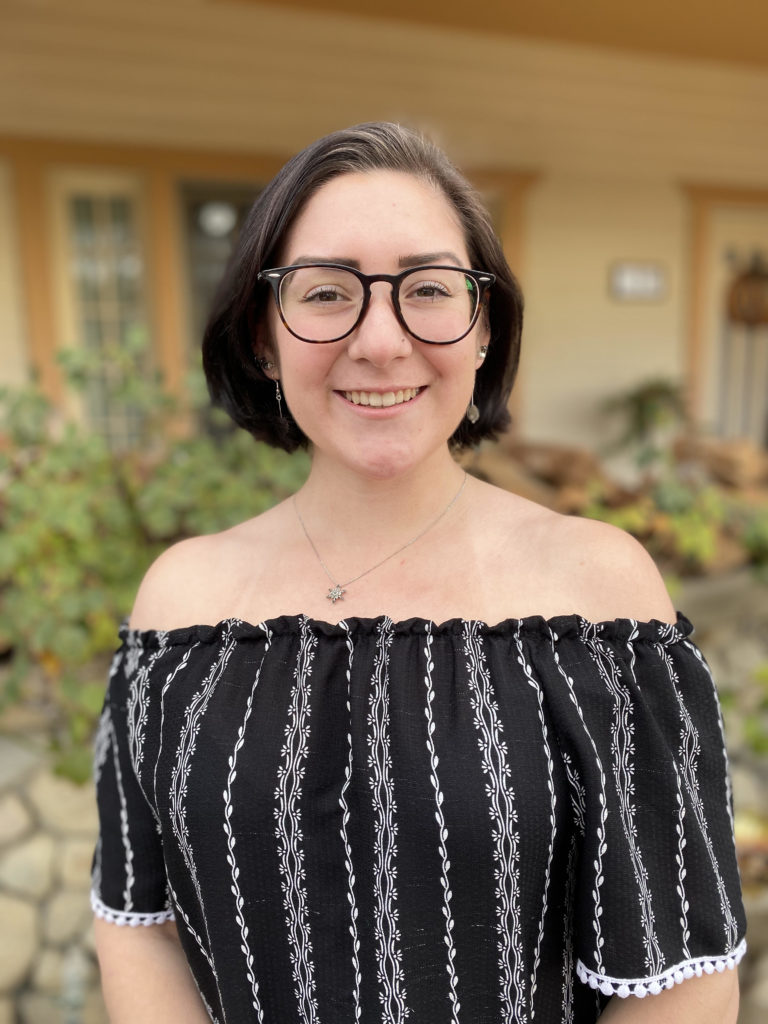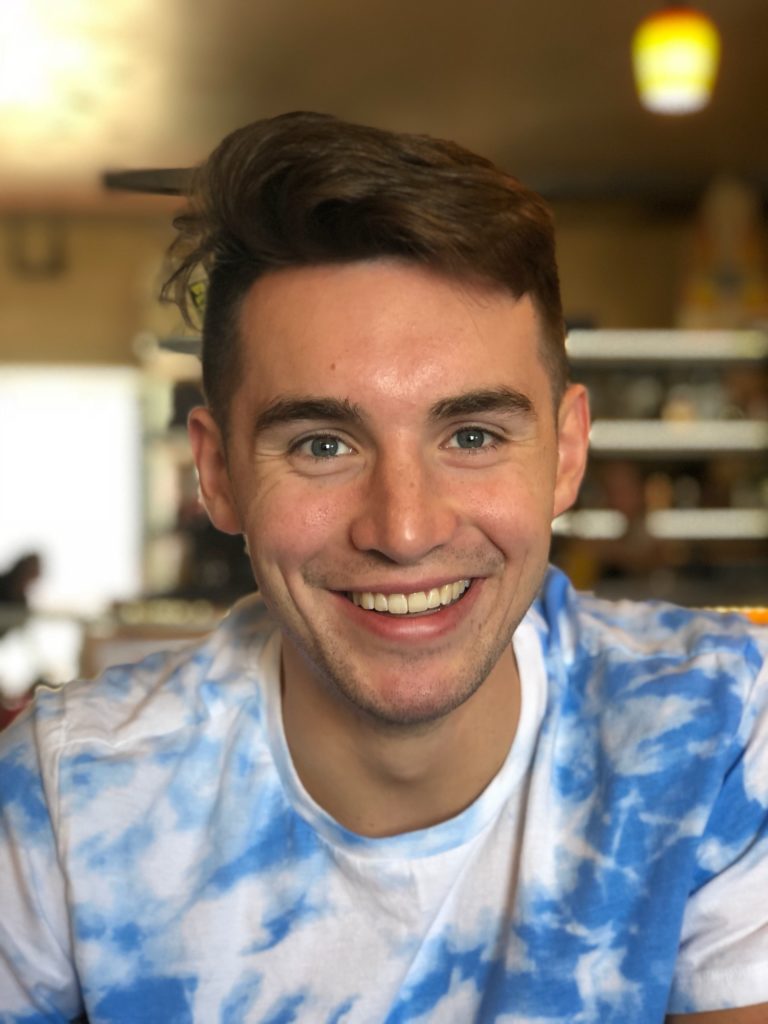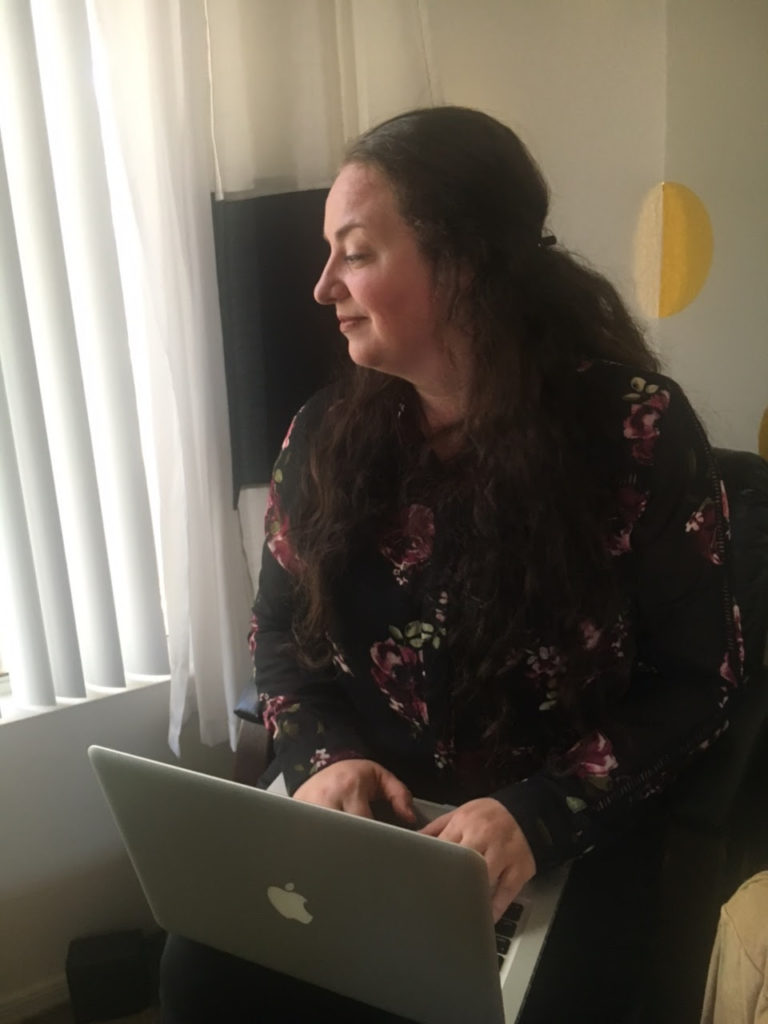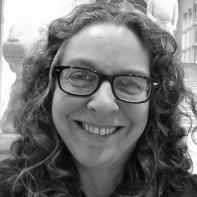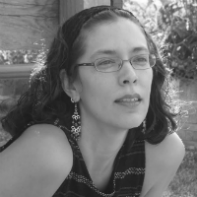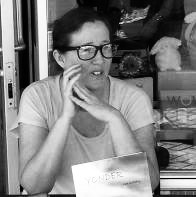
Authors Talk: Catherine Kyle
Today we are pleased to feature poet Catherine Kyle as our Authors Talk series contributor. Join Catherine as she shares her thoughts on using a fantastical framework to talk about real feelings and experiences and how poetry provides a unique medium to do so.
“When you think of a metaphor, it’s almost like you’re casting a spell on one thing and turning it into something else.”
You can read Catherine’s poems, “Pysanky” and “The Village Remembers” in Issue 11 of Superstition Review.
Check out her works mentioned in her talk:
Flotsam
Coronations
Shelter in Place
Transcription:
Hi, I’m Catherine Kyle, and I’m going to be talking a little bit today about poetry and magic. When I looked back over the two poems that were published in Superstition Review in issue 11, all the way back in 2013, the biggest thing I noticed was that both poems have this kind of sense of myth and mysticism that I think is still really present in the kind of poems I write now.
So, 2013 was a long time ago—it’s seven years ago—and since then, I’ve experimented with poetry and magic in lots of different ways. I’ve had a few chapbooks come out since then, and one of them was about a kind of “guardian angel of art” who wanders around an abandoned city rescuing library books and forgotten paintings and things like that; the two poems that Superstition Review ran ended up in a chapbook called Flotsam, which was all about the ocean as a symbol of the unconscious that has a lot of mermaids and seaside villages and kind of a fairy tale vibe—things like that. So it’s been a definite thread in my writing for a long time, and in all these cases, I want to have stakes in the real world, but it has always been really helpful to me to frame real feelings and real experiences in this kind of mystical or magical light—to kind of approach it through a different angle. Part of what I’ve been thinking about a lot lately is why poetry seems like the best way to do that, as opposed to a different type of art. Why I’ve gravitated to poetry specifically to do that. And something I’ve been thinking about as I’ve been trying to untangle that knot is that poetry is really rich in metaphor, and I think there’s something almost inherently magical about metaphor. It’s transformative, right? Like, when you think of a metaphor, it’s almost like you’re casting a spell on one thing and turning it into something else. And to me, metaphor feels different from simile, because when you’re using a simile, you’re saying, “This was like this,” which is something you could do in creative nonfiction, for instance: say, “This experience was like being in a fairy tale.” But in poetry, you can use metaphor more freely, I think—in metaphor, you’re saying, “This was this.” It’s just a little bit different, but it feels powerfully different to me. Again, in a poem, you’re not necessarily saying, “This felt like a fairy tale,” you’re saying, “This was a fairy tale,” and there’s room in the poem for those two things to be true simultaneously. The literal thing is true, but also the figurative thing is true, and they’re existing simultaneously in this almost paradoxical and, to me, kind of magical way. It’s a liminal space where two things can be true at once.
The other thing I’ve been thinking about a lot as far as why magic is this thread in my poetry is that honestly, I’ve loved science fiction and fantasy as genres for as long as I can remember—my whole life. And it took me quite a while to realize that part of what I really like about sci-fi and fantasy is also part of what I like about poetry. I think they both have the ability to ask, “What if…?” and answer it in some new way. They both rely on imagination to think about things that maybe don’t exist yet or could never exist in real life, that are only possible in the realm of art (at least at this point). For example, about a year ago, I wrote this sequence of poems where, like, an older, cooler version of me drives around in a car and picks up younger versions of me who needed a big sister figure and shakes them out of whatever situation they’re in and gives them a little life advice and dusts them off and kind of holds space for them. Obviously that can’t happen literally, right? Like, I can’t literally time travel. But the fact that it can happen in a poem makes a kind of catharsis possible that’s not possible any other way that feels almost supernatural to me. So those are a few of the things I’ve been thinking about.
I’ll just read you a couple of poems from my two collections that came out last year. I had a chapbook come out from Ghost City Press called Coronations that consists of some fairy tale retellings, and I had a book come out from a press called Spuyten Duyvil called Shelter in Place, which, unfortunately, now is a phrase many more people are familiar with. I’ll read you one from Coronations first and then one from Shelter in Place. In Coronations, again, my goal was just to revisit traditional fairy tales and give some of the princesses a little bit more agency. Other writers have done this, but I wanted to try it out for myself. I’ll read you one called “Collective,” which is inspired by Swan Lake.
Collective
Somewhere adjacent to the world,
we rule, gowns our feathers.
Moonlight soaks our birch grove
blue, our webbed feet tinted green.
When stars blink out like carbonated
water, limbs re-human. We rub
ourselves with bath salts, make a bonfire,
and dance. Lake a slice of armor,
silver breastplate we surround.
When dawn begins to infiltrate
the copse with prying hand beams,
we stamp out what orange coal still smokes,
pack up our camping gear. We do not wait
around for arrows, heartbreak, drowning—
none of that. We pirouette to bird form.
We sail beyond its reach.
Okay. So that was one inspired by Swan Lake. I just always liked the character of Odette and was sad that she meets a tragic end in the original. I think in some versions all her friends, her swan attendants die with her, so it was just putting them in a contemporary setting where maybe they would have a little bit more agency.
The other poem I’ll read you is from Shelter in Place. While fairy tales are my favorite type of magic or allegory that I visit in poems, Shelter in Place has more of a cyberpunk feel. The whole book is set across a backdrop of this dystopian, futuristic city, and I tried to use that not only to talk about some of the grief and heaviness I feel when I think about some of the problems the world is facing right now—environmentally, economically, in terms of human rights, all kinds of things—to articulate the pain of living in a time where we’re facing the things we’re facing, but also to look for metaphors of hope and resistance in the face of all of that. So, I’ll read you one that was inspired by a flower I saw on a walk one day that was just bursting through the cement. It was just bursting through the sidewalk, right in front of me. There were no other flowers around—it was just this sea of concrete and then this very healthy-looking flower somehow, despite it all, against all odds, living there and thriving in the sidewalk. So, this is called “Blossoming 1.”
Blossoming 1
On these evenings our heads tilt
up and become flowers, busting
out of our collars, all iridescent.
Geranium, freesia, gladiolus
erupting straight out of our
used T-shirts. With smartphones in
our pockets—our long winter
coats. Our cheeks shift to
druzy, a spiked hymn of glitter
refracting and clutching
the siren-scraped light. The red
-green-yellow No Vacancy din. We
are all wind, all magenta. Our laughter
a rooftop vertigo, a circle of lips
on a bottle’s swan neck. Geode
heartbeats keeping time. A wallowing,
a daisy in cement.
Okay. Thanks. I’ll stop there, but thank you so much to Superstition Review for inviting me to be part of this series. Thank you for listening in. It was really fun to be part of this, and I hope you’re reading and/or writing something fun today. Thanks again!
